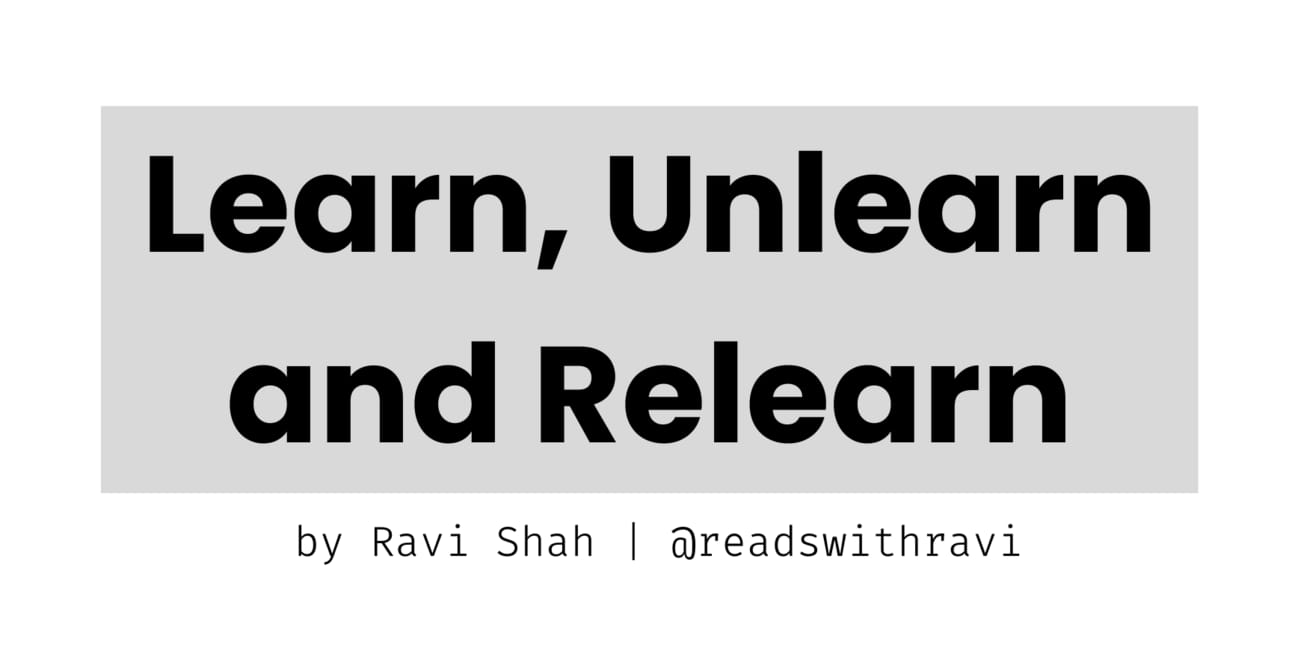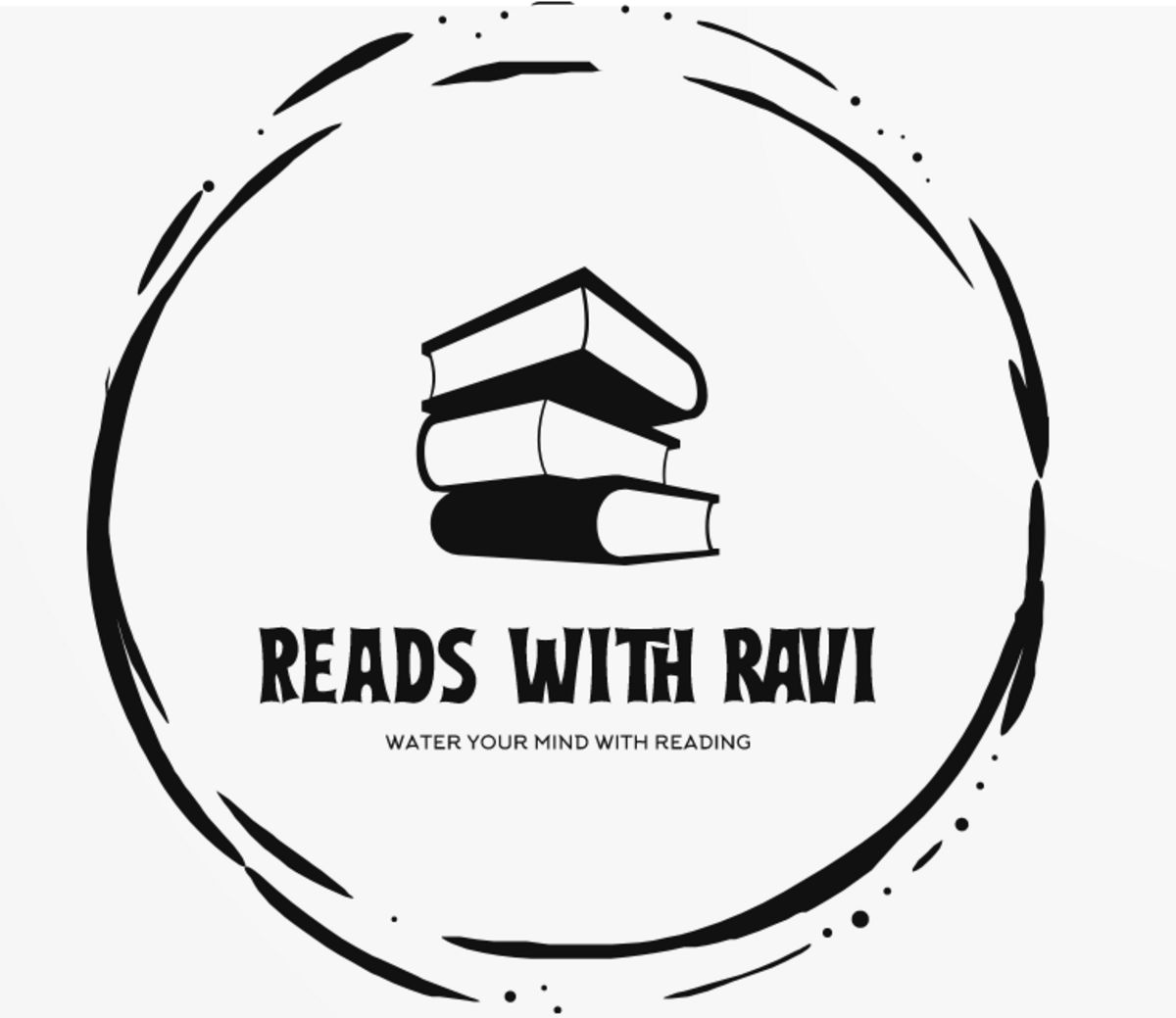
Looking for unbiased, fact-based news? Join 1440 today.
Join over 4 million Americans who start their day with 1440 – your daily digest for unbiased, fact-centric news. From politics to sports, we cover it all by analyzing over 100 sources. Our concise, 5-minute read lands in your inbox each morning at no cost. Experience news without the noise; let 1440 help you make up your own mind. Sign up now and invite your friends and family to be part of the informed.
Happy Thursday folks!
Here is my favorite passage of the week, two quotes and book of the week with two important lessons to ponder on:
Passage of the Week:
Roman Emperor and Stoic Philosopher Marcus Aurelius on waking up at dawn:

Meditations by Marcus Aurelius (Modern Library)
Two Quotes:
“When you believe in yourself you believe in possibility. When you believe in possibility you believe in yourself.”
“Beating the competition is relatively easy. Beating yourself is a never-ending commitment.”
Book of the Week with 2 Important Lessons:
The book of the week is Same as Ever: A Guide to What Never Changes by Morgan Housel.

A profoundly thoughtful and fascinating read with timeless insights, stories, and lessons. The book is a collection of such twenty-three short stories that never change in a changing world. Each chapter can be read independently, so there is no harm in skipping and choosing as you wish.
The idea that what lies in front of us is a dark hole of uncertainty can be so intimidating, it’s easier to believe the opposite, that we can see the future, and that its path is logical and predictable. No belief in history is as commonly held, and no belief is as consistently wrong.
The typical attempt to clear up an uncertain future is to gaze further and squint harder to forecast with more precision, more data, and more intelligence. Far more effective is to do the opposite: Look backward and be broad. Rather than attempting to figure out little ways the future might change, study the big things the past has never avoided. When you focus on what never changes, you stop trying to predict uncertain events and spend more time understanding timeless behavior.
This book has done more to change the way I see the world now than anything I’ve read recently. I would highly recommend it to everyone.
Here are two important lessons from the book:
1) Expectations and Reality:
Your happiness depends on your expectations more than anything else. A common storyline of history goes like this: Things get better, wealth increases, technology brings new efficiencies, and medicine saves lives. The quality of life goes up. But people’s expectations then rise by just as much, if not more, because those improvements also benefit other people, around you, whose circumstances you anchor to. Happiness is little changed despite the world improving.
If you look at the 1950s, the gap between you and most of the people around you weren’t that large. It created an era when it was easy to keep your expectations in check because few people in your social circle lived dramatically better than you did. Not only were they living comfortable lives, they were living lives that were just about as comfortable as those around them whom they compared themselves to.
But social media today adds a new element, in which everyone in the world can see the lifestyles (often inflated, faked and airbrushed) of other people. You compare yourself to your peers through a curated highlight reel of their lives, where positives are embellished, and negatives are hidden from view. Being driven by what other people have and you don’t is an unavoidable trait in most people. But it also highlights just how important managing expectations can be if you want to live a happy life.
The only way around this might be recognizing two things:
The constant reminder that wealth and happiness is a two-part equation: what you have and what you expect/need. When you realize that each part is equally important, you see that the overwhelming attention we pay to getting more and the negligible attention we put on managing expectations side can be so much more in your control.
To understand how the expectation game is played. You think you want progress, both for yourself and for the world. But most of the time that’s not actually you want. You want to feel a gap between what you expected and what actually happened. And the expectation side of that equation is not only important, but it’s often more in your control than managing your circumstances.
When asked, “You seem extremely happy and content. What’s your secret to living a happy life?” ninety-eight-year-old Charlie Munger replied:
The first rule of a happy life is low expectations. If you have unrealistic expectations, you’re going to be miserable your whole life. You want to have reasonable expectations and take life’s results, good and bad, as they happen with certain amount of stoicism.
2) It’s Supposed to Be Hard:
Everything worth pursuing comes with a little pain. The trick is not minding that it hurts. This is one of the most useful life skills – enduring the pain when necessary rather than assuming there’s a hack, or a shortcut, around it.
A simple rule that’s obvious but easy to ignore is that nothing worth pursuing is free. How could it be otherwise? Everything has a price, and the price is usually proportionate to the potential rewards. Most things worth pursuing charge their fee in the form of stress, uncertainty, dealing with quirky people, bureaucracy, other people’s conflicting incentives, hassle, nonsense, long hours, and constant doubt. That’s the overhead cost of getting ahead. A lot of times that price is worth paying. But you have to realize that it’s a price that must be paid. There are few coupons, and sales are rare.
Every industry and career is different, but there’s universal value in accepting hassle when reality demands it. Compounding is fueled by endurance, so sitting through periods of insanity is not a defect; it’s accepting an optimal level of hassle. Another upside of this is that once you accept a certain level of inefficiency, you stop denying its existence and have a clearer view of how the world works.
Books – I am currently reading:
The Sweaty Startup: How to Get Rich Doing Boring Things by Nick Huber. In this book, Nick shows that entrepreneurship isn’t about trying to reinvent the wheel. It’s not about new ideas, raising venture capital funding, or going on Shark Tank. Instead, it’s about doing common things uncommonly well.
Flex Your Feelings: Train Your Brain to Develop the 7 Traits of Emotional Fitness by Dr. Emily Anhalt. A data-driven, practical, step-by-step plan for developing the 7 essential traits of emotional strength necessary to face all of life’s challenges and become the best leader, entrepreneur, and human you can be.
READING TIP: Getting Out of a Reading Slump
When you find yourself in a reading slump, consider revisiting the books that once captivated you. Sometimes, stepping back onto comforting pages is the best way forward.
Revisiting books that once sparked joy can reignite your passion for reading. Familiar books require less mental energy to process, allowing you to relax in the act of reading, helping rebuild momentum and making you more open to tackling new books later.
Thank you for reading and all your support.
I am excited to keep bringing you the new and old books, great insights, and lessons.
Until next week, stay curious and happy reading!
— Ravi Shah | @readswithravi



